Can technology end corruption?
 By Azalina Othman Said, exclusive to the Sunday Times
By Azalina Othman Said, exclusive to the Sunday Times
KUALA LUMPUR – At the end of October, the International Anti-Corruption Academy (IACA) held its annual meeting in Vienna. Representatives from 81 member states assessed progress on the organisation’s mission to fight corruption through education, capacity-building programmess, and research.
Corruption disproportionately affects the poorest and most marginalised communities, making it an economic and social tragedy as much as a political issue. According to the World Economic Forum, corruption costs the world economy an estimated $2.6 trillion annually, or about 5% of global GDP, leaving fewer resources for essential services in many developing countries.
Digital tools can and should play an important role in the effort to eradicate corruption. Governments can use them to increase transparency, promote accountability, and empower citizens. But, as the IACA assembly concluded, technology alone cannot guarantee success. Policymakers must also commit to anti-corruption measures, deliver leadership and vision, and uphold the rule of law.
For starters, technology can aid the fight against corruption by enabling the digitalisation of government services. Cumbersome bureaucratic processes all too often become breeding grounds for graft and bribery. Digital platforms that streamline and automate such services would minimise face-to-face interactions and thus reduce opportunities for wrongdoing. For example, Estonia, a pioneer in e-government, has digitalised nearly all of its public services, from tax payments to business registration, providing greater transparency and making it harder for corrupt officials to demand kickbacks.
Governments could also use blockchain technology and artificial intelligence to identify and prevent corruption. Blockchain-based public-procurement systems would create a transparent and immutable record of tender processes. Moreover, governments have begun using AI and data analytics to track illicit financial flows that often cost billions of dollars in lost tax and customs revenue. AI also could detect patterns and anomalies that might indicate corruption, such as suspicious financial transactions or inconsistencies in procurement data. Such tools enable early intervention, which can stop corruption from growing unchecked.
Some of the world’s largest corruption scandals have been exposed by whistleblowers. To facilitate reporting of wrongdoing, policymakers should introduce encrypted systems that allow individuals to report incidents of corruption and bribery anonymously. These platforms, coupled with social media, enable citizens to speak up quickly and without fear of retaliation, putting pressure on governments and businesses to act.
Despite the advances in digital tools for uncovering corruption, however, technology cannot prevent bad actors from finding workarounds. Moreover, the digital divide between rich and poor countries means that citizens and officials in the developing world often lack access to anti-corruption tools, despite having the greatest need. This problem is especially pronounced in rural areas, where corruption tends to be more widespread and people may not have the digital literacy or resources to use e-government services or online whistleblowing platforms.
For digital tools to be effective in combating corruption, the people in power must have the skills to spot wrongdoing and be aware of best practices. To that end, the IACA has focused its efforts on education and training programmes. Ethics and moral reasoning must be integrated into school curricula starting from a young age. And public officials, business leaders, and law enforcement officers should receive regular training on the most effective and efficient anti-corruption measures.
Likewise, governments should uphold the rule of law by vigorously enforcing anti-corruption legislation and closing legal gaps. Convicting corrupt actors requires strong legal frameworks, an independent judiciary, and empowered law-enforcement agencies, without which even the best technology will fail to have any real impact.
Some countries are showing that they understand this. In Malaysia, Prime Minister Anwar Ibrahim has implemented a national anti-corruption strategy to rebuild trust in the public sector and improve the country’s ranking in Transparency International’s Corruption Perception Index. As part of this effort, the government has held former Prime Minister Najib Razak to account for his central role in the multibillion-dollar corruption scandal at the state fund 1MDB.
Rooting out corruption is one of the defining struggles of our time, and we now have a new set of powerful digital tools at our disposal. But while technology can help detect and prevent wrongdoing, anti-corruption laws and the authorities tasked with enforcing them must be granted the authority to finish the job.
(Azalina Othman Said, a minister in the Malaysian Prime Minister’s Department (Law and Institutional Reform), is President of the Assembly of Parties of the International Anti-Corruption Academy in 2024.)
Copyright: Project Syndicate, 2024. www.project-syndicate.org
-
Still No Comments Posted.






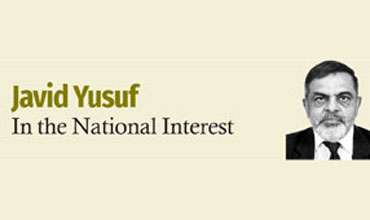

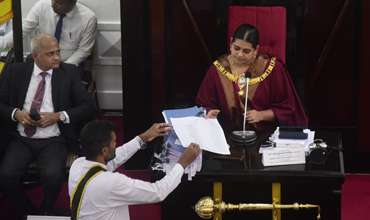
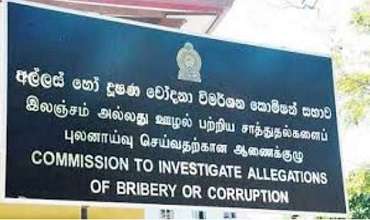
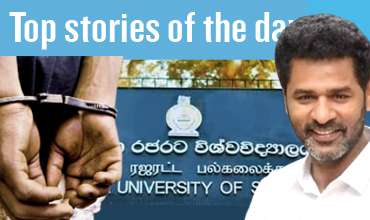


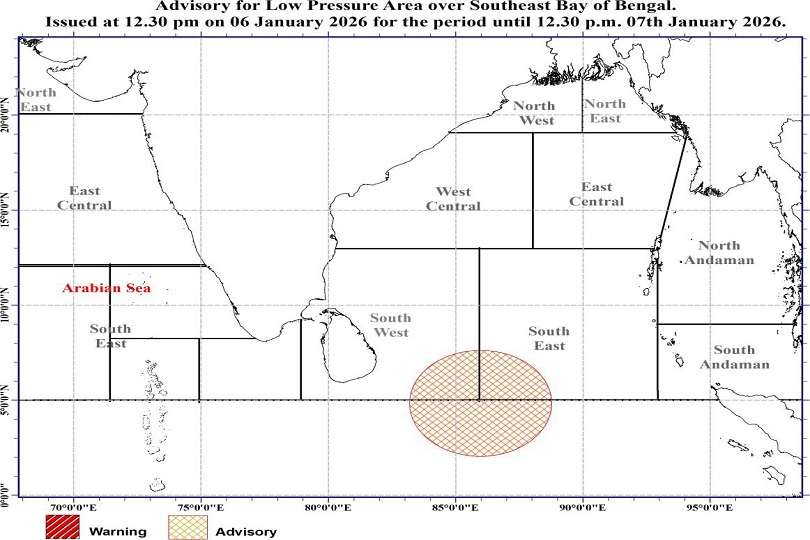
Leave Comments